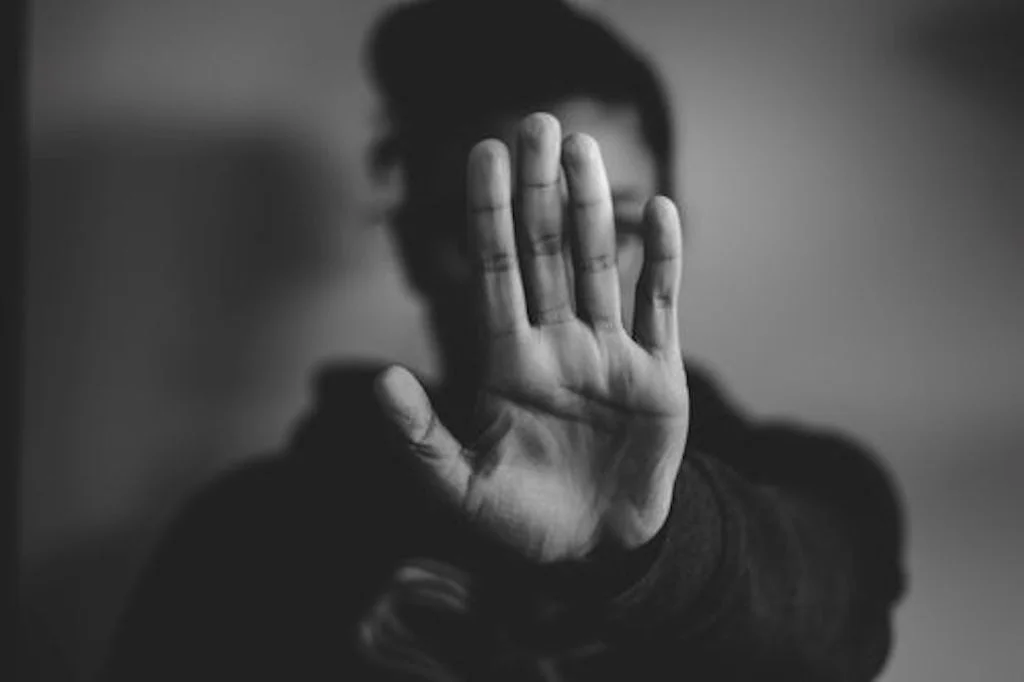![5 Ways to Quit Guilt Tripping]()
In a Zoom coaching session a few weeks ago, a forty-something years old client referred several times to feelings of guilt. Not only had it been a familiar feeling since about the age of five, it had been a driving force throughout his personal life and career.
While guilt often gets a bad rap, in certain situations it can be helpful. For example, if you pay for coffee with a ten-dollar bill and the cashier gives you change for a twenty and you don’t say anything, you might feel pangs of guilt. Why? Because a part of you holds a belief that stealing is wrong, so you return the extra cash. In this case, the guilt motivated you to change your behavior in accordance with your belief that stealing is wrong.
Or you might choose to remain silent and keep the money. To relieve yourself of the “pain” of the guilt, you might tell yourself, “This is a big corporation; a little less profit won’t matter”, thereby changing the belief that stealing is wrong, allowing you to keep the money, lessen the guilt, and still feel like you’re a good person.
Guilt is a barometer that alerts us to behaviors that violate the “truths” of our conscious and unconscious belief systems. And while some of those beliefs are reflective of our authentic values, others are self-limiting ones that we learned and adopted from others.



















